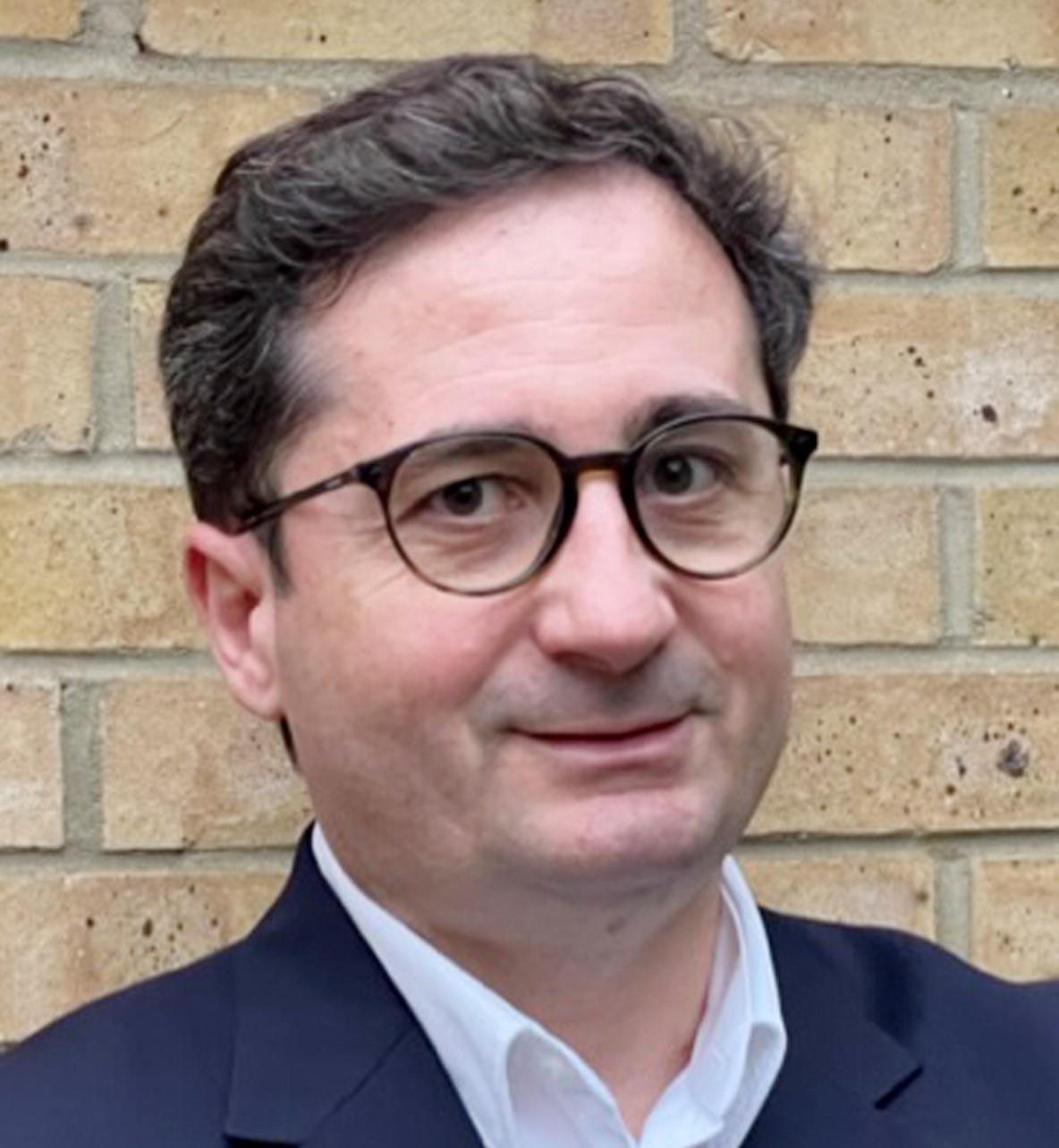 Andrea Cavallaro
Andrea Cavallaro
Full Professor, EPFL
Prof. Andrea Cavallaro is a Full Professor at EPFL and a Fellow of the Higher Education Academy, the International Association for Pattern Recognition, and the European Laboratory for Learning and Intelligent Systems. His research focuses on machine learning for multimodal perception, computer vision, machine listening, and information privacy. He has received numerous awards, including a Research Fellowship with British Telecommunications, the Royal Academy of Engineering Teaching Prize, a Turing Fellowship, and four paper awards. He also served as an IEEE Signal Processing Society Distinguished Lecturer. Andrea has published over 300 papers, a monograph on video tracking, and three edited books covering topics such as intelligent multimedia, multimedia content analysis, and multi-camera networks.
|
|---|
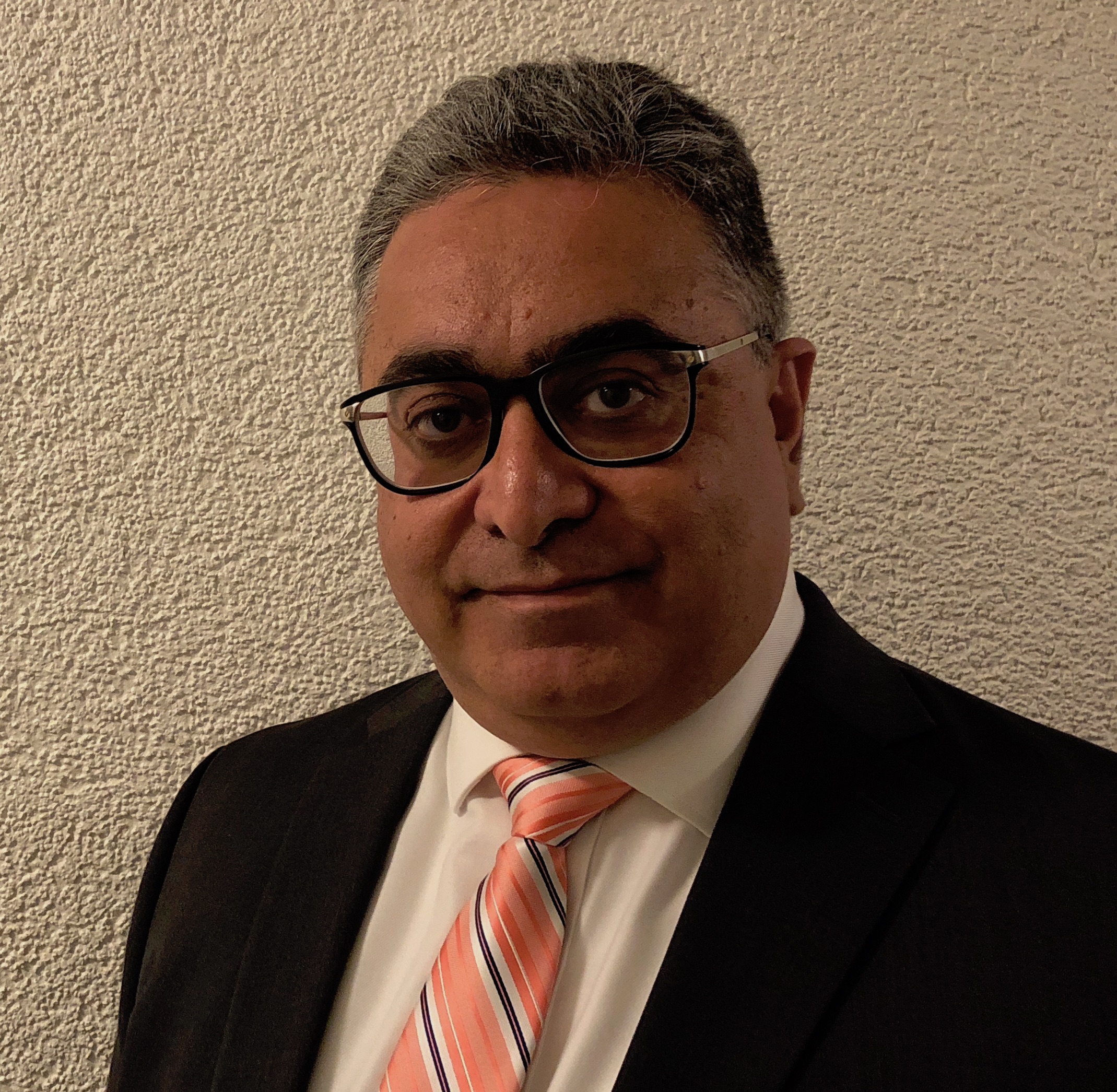 Touradj Ebrahimi Touradj Ebrahimi
Professor, EPFL & Founder, RayShaper SA & Chair, JPEG
Touradj Ebrahimi is professor of image processing at Ecole Polytechnique Fédérale de Lausanne (EPFL) and active in teaching and research in multimedia signal processing. He is the Director of Multimedia Signal Processing Group at EPFL. Since 2014, he has been the Convenor (Chairman) of the JPEG standardization Committee which has produced a family of standards that have revolutionized the imaging world. He represents Switzerland as the head of its delegation to JTC1 (in charge of standardizing information technology in ISO and IEC) and SC29 (the body overseeing JPEG and MPEG standardization) and is a member of ITU as the main representative of EPFL. Prof. Ebrahimi is also involved in Ecma International as a member of its ExeCom. He serves as a consultant, evaluator, and expert for the European Commission and other governmental funding agencies in Europe and advises several Venture Capital companies in Switzerland in their scientific and technical audits. He has founded a number of startup and spinoff companies in the past two decades, including the most recent, RayShaper SA, a research startup company based in Crans-Montana, Switzerland, involved in AI-powered multimedia. His areas of interest include image and video compression, media security, quality of experience in multimedia and AI based image and video processing and analysis. Prof. Ebrahimi is a Fellow of the IEEE, SPIE, EURASIP and AAIA and has been the recipient of several awards and distinctions, including an IEEE Star Innovator Award in Multimedia, an Emmy Award on behalf of JPEG and the SMPTE Progress medal.
|
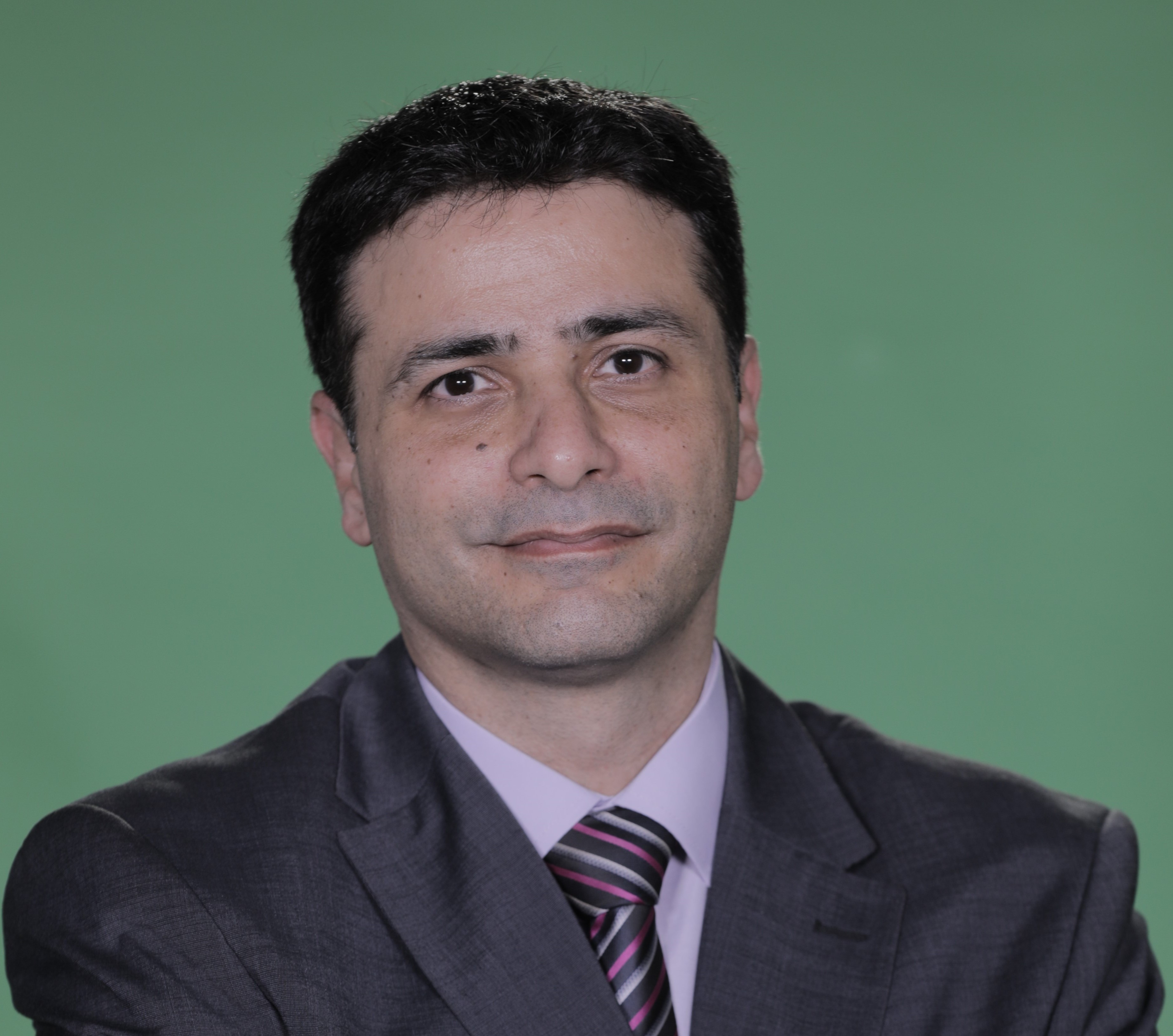 Imad Elhajj
Imad Elhajj
Professor, Department of Electrical and Computer Engineering, AUB, Lebanon
Imad H. Elhajj is a Professor with the Department of Electrical and Computer Engineering and is the Associate Dean for Academic Transformation at the Maroun Semaan Faculty of Engineering and Architecture at the American University of Beirut. In 2014, he co-founded SAUGO 360, the first startup to be incubated at AUB, and in 2017 he co-founded the Humanitarian Engineering Initiative at AUB. Dr. Elhajj is the past chair of IEEE Lebanon Section. He has served as an ABET program evaluator since 2013. His research interests are at the intersection of robotics, networking, and human machine interfacing with applications in health and environment. Dr. Elhajj is recipient of the IEEE Outstanding Branch Counselor and Advisor Award (2019), the Teaching Excellence Award at the American University of Beirut (2011), the Kamal Salibi Academic Freedom Award (2014), and the most Outstanding Graduate Student Award from the Department of Electrical and Computer Engineering at Michigan State University (2001).
|
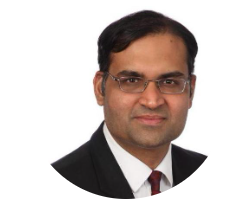 Abhishek Gupta Abhishek Gupta
Founder and CEO, Open Droids Robotics, USA
Abhishek Gupta is a dynamic leader in robotics, AI, IoT, and sensor technology, with over 18 years of experience across Canada, the USA, and India. Currently serving as the CEO of Open Droids Robotics, Abhishek has been instrumental in the development of innovative robotics solutions, including mobile manipulators and healthcare robots. Under his leadership, Open Droids is designing advanced single and dual robots such as the R1D3 and R2D3, capable of autonomous tasks and tele-operation via virtual reality systems. His team is also developing the Droid 1, a healthcare robot aimed at revolutionizing healthcare facilities across the U.S. Previously, Abhishek led business transformation and innovation projects at various leading organizations. He was instrumental in heading IoT and sensor technology initiatives at HSB Canada/Munich Re where he was responsible for commercializing the sensor technology and leveraging IoT to prevent losses and insurance claims. He has also played a pivotal role in commercializing sensor technology at Clarity IoT Services & Technology and Smart City projects at Citelum India. Abhishek also has a diverse background spanning telecommunications product management and hardware design. As a Product Manager at Reliance Jio Infocomm, he led the successful rollout of the JioFi Smart City 4G LTE personal WiFi hotspot. He also directed the migration from 3G to 4G LTE services in collaboration with government and IT stakeholders. Prior to this, as a Hardware Design Engineer at the Thomas Jefferson National Accelerator in Virginia and Brookhaven National Accelerator in New York, he contributed to key projects for the US Department of Energy, including the design of critical systems for nuclear and biomedical research. With a strong background in electronics hardware design and business strategy, Abhishek has led teams and initiatives that have resulted in over $50M in revenues. He is passionate about driving technological innovation and has been a key player in the commercialization of IoT platforms and robotic technologies. Abhishek holds an MBA in Finance and Entrepreneurship from HEC Montreal and a Master of Science in Electrical Engineering from Stony Brook University. His expertise spans across business development, strategic partnerships, and cutting-edge product commercialization, making him a distinguished speaker in the fields of robotics and IoT technology.
|
|---|
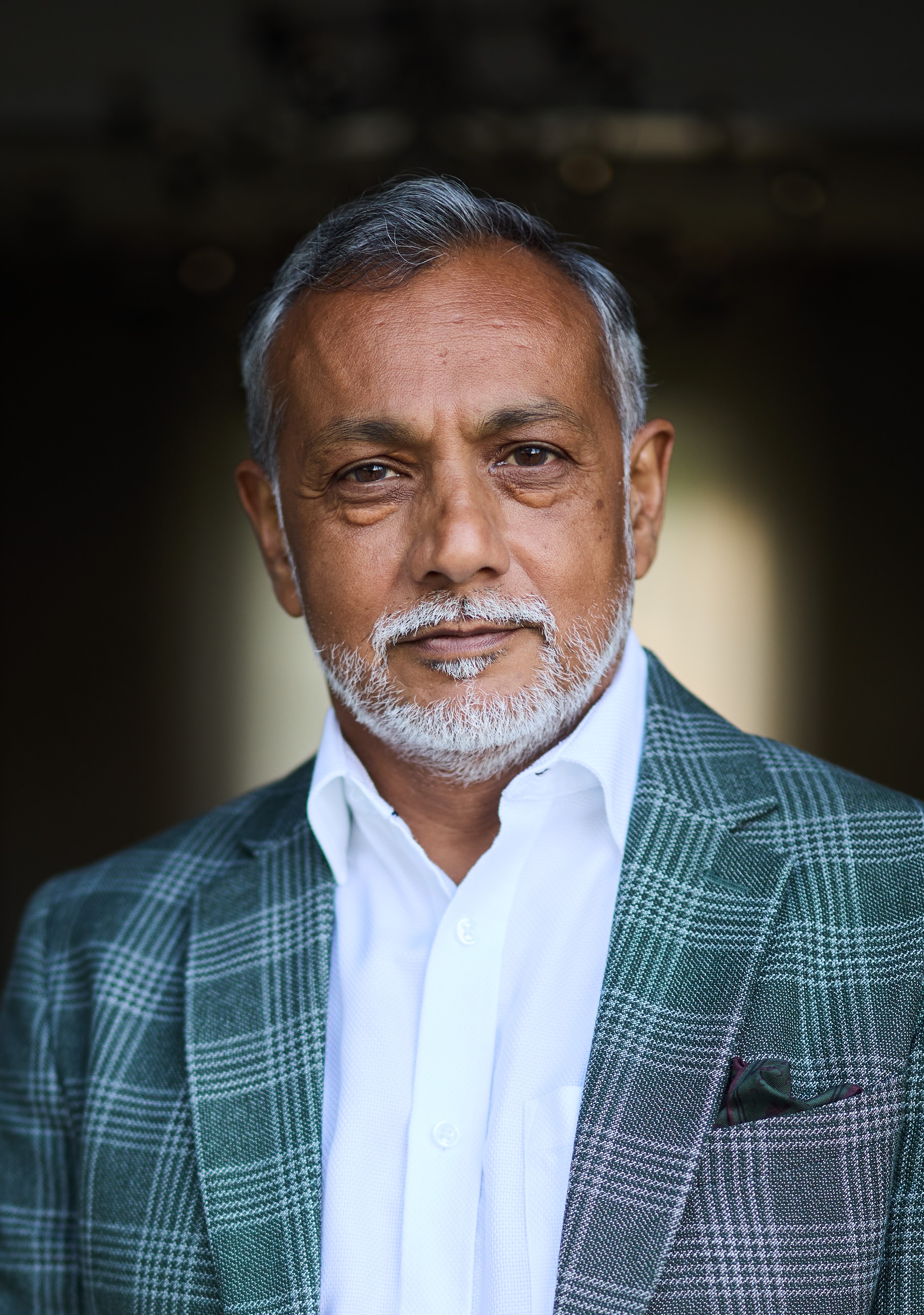 Kashif Ikram
Kashif Ikram
Vice President for Europe, MicroPort Scientific
Kashif Ikram is Vice President or Europe for MicroPort Scientific. Kashif is seasoned commercial leader with over 31 years of experience in the medical device industry. He has a strong background in marketing, business development, and commercialization of innovative products and solutions in various fields, such as, cardiology, vascular, neurology, interventional radiology, orthopaedics, and oncology and especially surgical robotics. He is co-host of Our MedTech Lives Podcast.
|
|---|
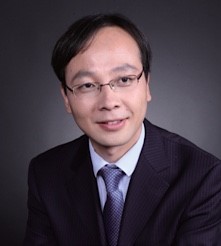 Wei Kai Wei Kai
WP2/21 Vice-Chairman and Q12/21 Rapporteur of ITU I Secretary-General, MIIT TC1
Mr. Kai Wei, Director of Artificial Intelligence Institute of China Academy of Information and Communications Technology (CAICT). He is serving as the leader of the domestic corresponding group for ITU-T Study Group 21, the secretary of the Standardization Technical Committee for Artificial Intelligence of the Ministry of Industry and Information Technology, and the leader of the Overall Group of the Artificial Intelligence Industry Alliance(AIIA). His research focuses on artificial intelligence technology, with more than 20 papers published, leading the completion of over 40 domestic and international standards.
|
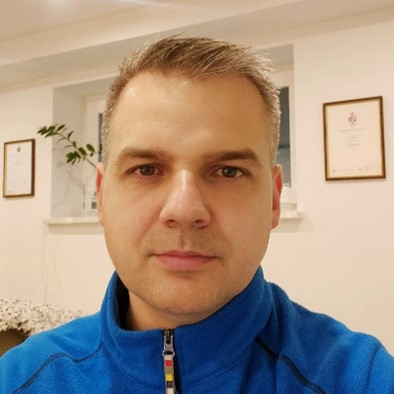 Lukasz Litwic
Lukasz Litwic
Vice-Chair SG21 I Senior Research Manager, Visual Technology, Ericsson
Dr. Lukasz Litwic is a Senior Research Manager of Visual Technology team responsible for standardization activities in visual media coding at Ericsson. Lukasz represents Ericsson at several standardisation bodies including ITU-T SG21, 3GPP SA4, DVB, JVET and MPEG. He serves as a Vice-chair of ITU-T SG21 and Chair of Interoperability WG at Media Coding Industry Forum. He holds an M.Sc. from Gdansk University of Technology, Poland, and a Ph.D. from the University of Surrey, in Guildford in the UK.
|
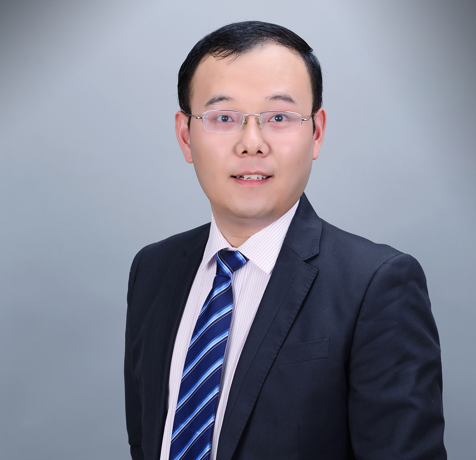 Hang Liu Hang Liu
SparkLink Alliance, China
Hang Liu received the B.S. degree in Mathematics and Applied Mathematics from the Northwestern Polytechnical University, China, in 2010. In July 2016, he received the Ph.D. degree in Computer Technology from the University of Chinese Academy of Sciences, China. His research interests include wireless resource management, cooperative multicast and cellular V2X. He has 8 year experiences in international standardization in 3GPP and ISO. Currently he is serving as an expert in AI Project of International SparkLink Alliance, with the motivation of integrating AI and short-range communication via standardization, to promote applications of the embodied intelligence systems.
|
|---|
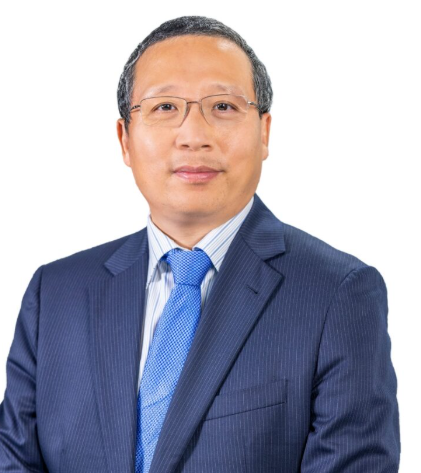 Noah Luo Noah Luo
Chair, ITU-T Study Group 21
Dr Noah Luo is the Chair of ITU-T Study Group 21. Dr. Luo had been ITU-T Study Group 16’s chairman in the period 2016-2024. Dr. Luo works for Huawei Technologies, co., Ltd as a senior consultant in the field of international standardization and industry development. Dr. Luo has a long career of working in multimedia related technical research and development and standardization since 1996 for organizations including Chinese Academy of Sciences and Huawei with ten year or so based in Europe
|
|---|
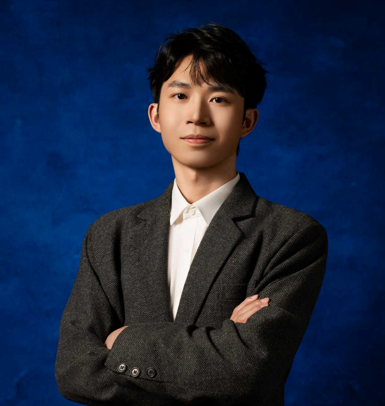 Guoping Pan
Guoping Pan
Co-founder, ZERITH Robotic, I Algorithms VP, ZERITH Robotics
Mr. Pan Guoping is Head of EAI at Zerith, where he directs the development of Zerith-v0, a VLA-based model optimized for long-sequence household cleaning service scenarios. As a Distinguished Lecturer at the Intel Greater Bay Area Innovation Center, he is devoted to advancing the integration of artificial intelligence across education, industry, and research. Pan also acts as a peer reviewer for leading robotics conferences and journals, including IROS, RAL, and CoRL.
|
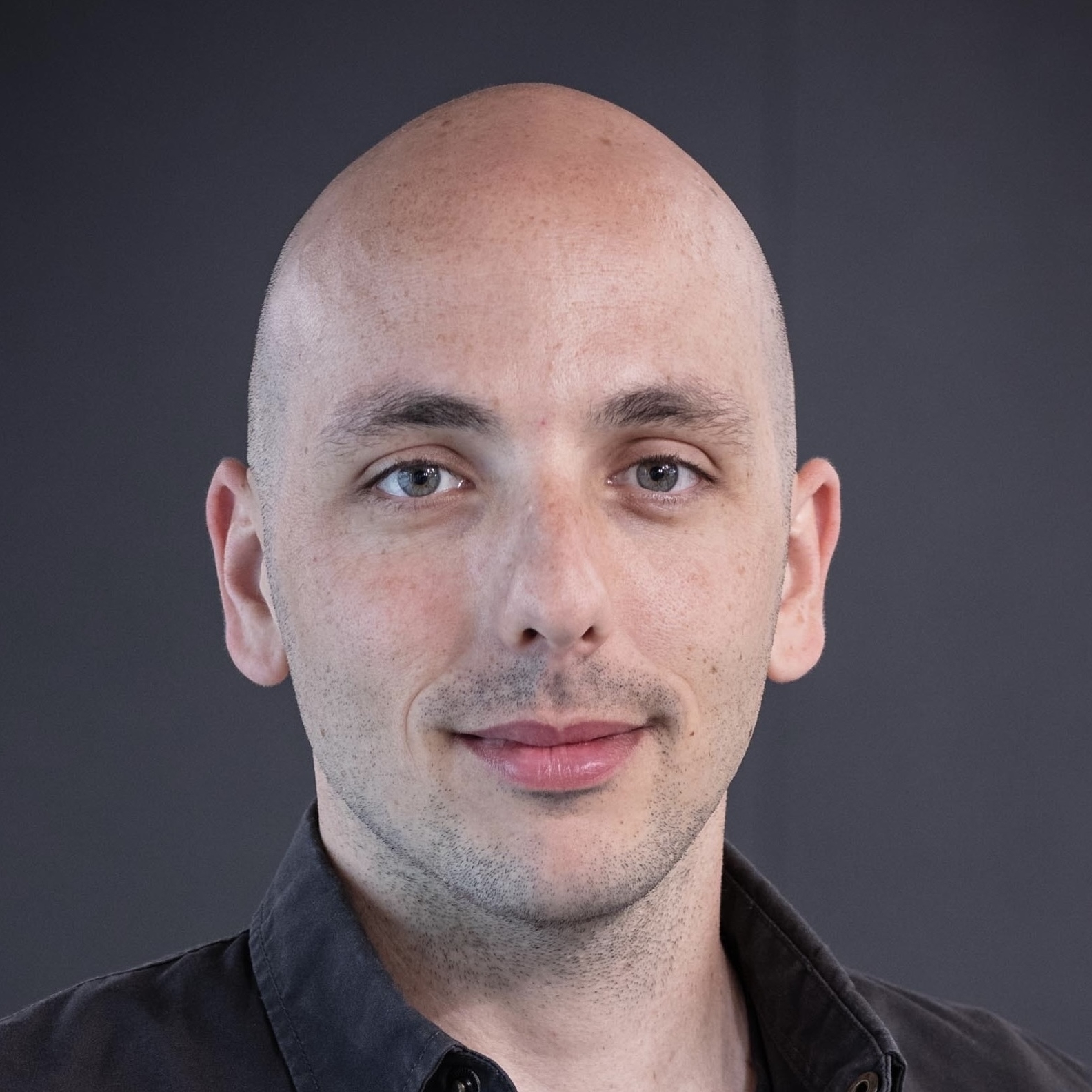 Jorge Peña QueraltaSenior Lecturer and Research Group Leader, Centre for Artificial Intelligence (CAI), Zurich University of Applied Sciences (ZHAW)Dr. Jorge Peña Queralta is Senior Lecturer and Research Group Leader at the Centre for Artificial Intelligence (CAI) of the ZurichUniversity of Applied Sciences (ZHAW). He leads the new research focus on Agentic & Embodied AI, with applications in Physical AI,mobile robotics, and humanoid platforms. He has previously held research positions at ETH Zürich and worked in industry as CTO of Swiss micro-mobility startup DAAV, developing autonomous wheelchair platforms. He is also co-founder of Finnish robotics startup Skya Oy. Dr. Peña Queralta has authored over 70 peer-reviewed publications on robotics, AI, blockchain technology, and human-robot interaction, and has coordinated innovation projects with both academia and industry. Dr. Peña Queralta has participated in international robotics competitions, has acted as reviewer for the EU Horizon program and multiple national research councils, and has received multiple national and EU grants as PI or co-PI. At ZHAW, he spearheads collaborations with industry, startups, and international labs, exploring Agentic Embodied AI, Reinforcement Learning, and applications in mobile and humanoid robots.
Jorge Peña QueraltaSenior Lecturer and Research Group Leader, Centre for Artificial Intelligence (CAI), Zurich University of Applied Sciences (ZHAW)Dr. Jorge Peña Queralta is Senior Lecturer and Research Group Leader at the Centre for Artificial Intelligence (CAI) of the ZurichUniversity of Applied Sciences (ZHAW). He leads the new research focus on Agentic & Embodied AI, with applications in Physical AI,mobile robotics, and humanoid platforms. He has previously held research positions at ETH Zürich and worked in industry as CTO of Swiss micro-mobility startup DAAV, developing autonomous wheelchair platforms. He is also co-founder of Finnish robotics startup Skya Oy. Dr. Peña Queralta has authored over 70 peer-reviewed publications on robotics, AI, blockchain technology, and human-robot interaction, and has coordinated innovation projects with both academia and industry. Dr. Peña Queralta has participated in international robotics competitions, has acted as reviewer for the EU Horizon program and multiple national research councils, and has received multiple national and EU grants as PI or co-PI. At ZHAW, he spearheads collaborations with industry, startups, and international labs, exploring Agentic Embodied AI, Reinforcement Learning, and applications in mobile and humanoid robots. |
 Julya Rebstock
Julya Rebstock
Information Governance Practice Manager, Symantec Enterprise Division, Broadcom, USA
Over 30 years of professional IT experience that provides a unique perspective of the management of IT financial, legal, and compliance governance programs. I specialize in aligning IT governance programs to the customer needs and integrating technology into the daily workflow of the customer environment so it is truly a Solution and not just more "sometimes-used Shelfware". Symantec is the leader in hybrid security, delivering proven, reliable solutions where on-premises protection is best, and offering a seamless path to the cloud that extends centralized policy and management that secures an always-on, anywhere workforce. As part of Broadcom, Symantec partners with the world’s preeminent companies delivering innovative solutions — by creating, acquiring, integrating, and extending cutting-edge cybersecurity technologies, and by anticipating and aligning with security frameworks like Zero Trust and SASE. When not helping customers with IT Governance programs, you will find me in the kitchen baking, trailing my sons at various tournaments, or spoiling my herd of dogs, fainting goats and chickens. You can learn more about Symantec by clicking on the links in the ‘Featured’ section. I’m just a message away if I can be of assistance. Specialties: IT Governance, Privacy, Compliance, Legal discovery; Customer workflows; regulatory compliance, policy and procedures; data life cycles from creation through archiving; Symantec Data Loss Prevention and CloudSOC; IT Contract negotiations, RFP/RFQ through project implementation and user change management. Software licensing models compliance and policy.
|
 Justin Ridge Justin Ridge
Vice-Chair SG21 & WP3/21 Co-Chair, Nokia Corporation, USA
Justin has been involved with video codec standardization at Nokia for approximately 20 years, starting with H.264/AVC. He is currently a vice-chair of ITU-T Study Group 21, and a co-chair of Working Party 3 of Study Group 21. Justin is based in Dallas, TX.
|
 David Robert
David Robert
Director of HRI, Boston Dynamics
David is the Director of HRI: Human Robot Interaction, a transdisciplinary (art, science, humanities) design group at Boston Dynamics that integrates UX, UI and Industrial Design. This human-centered, creative research & development team focuses on making robots that are safe, simple to understand and intuitive to use. Following a career in procedural design production software for the film industry (Side Effects’ Houdini), David’s graduate research at the MIT Media Lab’s Personal Robots Group focused on creating blended reality robot/characters for informal learning environments under the supervision of Cynthia Breazeal (MIT) and Joseph Blatt of the Harvard Graduate School of Education. He’s a tech-ethicist who advises US & EU policy makers on the pro-social design of embodied AI,. He’s a passionate educator, social venture mentor, and robo-literacy advocate. He was born in France, raised in South and North America and maintains a multi-sensory, speculative arts practice.
|
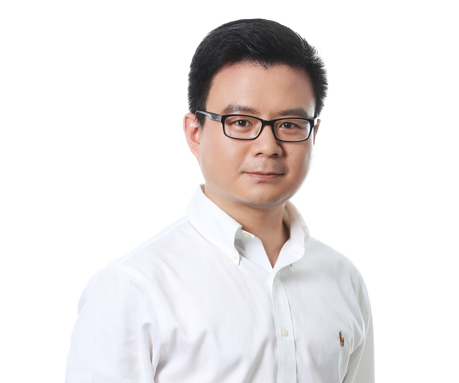 Yuntao Wang Yuntao Wang
Q5/21 Rapporteur, I CAICT, China
Yuntao Wang, Senior Engineer, Deputy Chief Engineer of China Academy of Information and Communications Technology, Artificial Intelligence Institute, Rapporteur of ITU-T Q5/21, Vice-Chair of Focus Group on Metaverse.
|